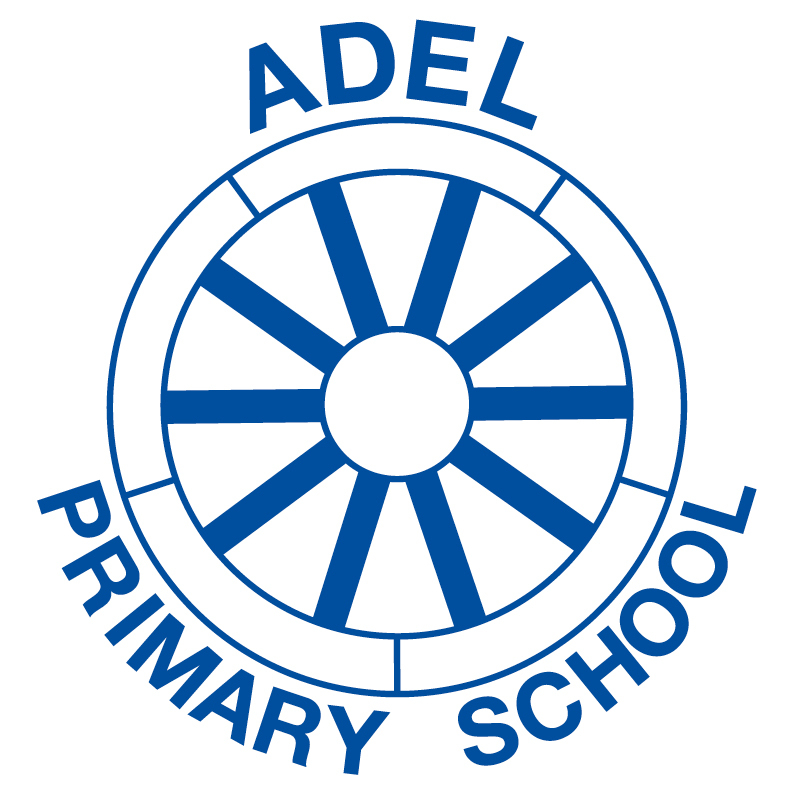Reading and Phonics
At Adel Primary School, we believe that all our children can become fluent readers and writers. This is why we teach reading through Little Wandle Letters and Sounds Revised, which is a DfE approved systematic and synthetic phonics programme.
We start teaching phonics in Reception and follow the Little Wandle Letters and Sounds Revised progression, which ensures children build on their growing knowledge of the alphabetic code, mastering phonics to read and spell as they move through school.
We also model the application of the alphabetic code through phonics in shared reading and writing, both inside and outside of the phonics lesson and across the curriculum. We have a strong focus on language development for our children because we know that speaking and listening are crucial skills for reading and writing in all subjects.
Once children have mastered the phonetic code, we continue to teach the skills of reading from Year 2 and into Year 3 using the Big Cat for Little Wandle Fluency books. Children develop their understanding of a wider range of vocabulary and are taught the skills of fluency, prosody and comprehension in taught reading sessions, delivered through small group sessions.
From Year 4 onwards, taught reading sessions continue to develop the skills required to read with confidence, developing language comprehension. The focus for these sessions is on the understanding of the text, expanding knowledge of vocabulary, developing retrieval, interpretation and inference skills as well as using explanation and justification to back up opinion and viewpoint.
We value reading as a crucial life skill. Alongside our approach to teaching the skill of reading, is a reading culture throughout school which builds a love of books and reading for pleasure from the moment children arrive and take their first steps on their primary school journey.
By the time children leave us, we want them to read confidently for meaning and regularly enjoy reading for pleasure. We want our readers to be equipped with the tools to tackle unfamiliar vocabulary. We encourage our children to see themselves as readers for both pleasure and purpose.
